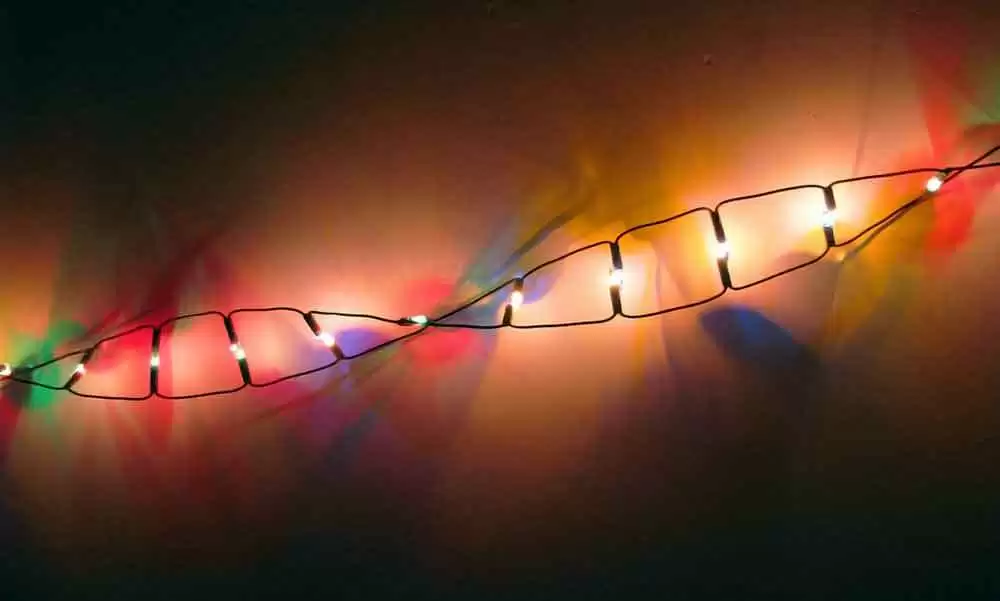
Celiac.com 07/01/2021 - We get a lot of questions from celiac community members wondering about various aspects of celiac disease. One question we see a lot is about how genetic makeup influences the odds of developing celiac disease. Specifically, what are the odds of developing celiac disease based on HLA-DQA/DQB genotypes? Here's a breakdown of the odds by genotype combination.
The odds of developing celiac disease based on HLA-DQA/DQB genotypes is as follows:
| DQ2+DQ8 |
1:7 (14.3%) |
| DQ2+DQ2 OR DQ2 Homozygous DQB1*02 |
1:10 (10%) |
| DQ8+DQ8 |
1:12 (8.42%) |
| DQ8+DQ8*02 |
1:24 (4.2%) |
| Homozygous DQB1*02 |
1:26 (3.8%) |
| DQ2 only |
1:35 (2.9%) |
| DQ8 only |
1:89 (1.1%) |
| General Population - Genotypes unknown |
1:100 (1%) |
| ½ DQ2*DQB1*02 |
1:210 (0.5%) |
| ½ DQ2*DQA1*05 |
1:842 (0.05%) |
| No HLA-DQA/DQB susceptible alleles |
1:2518 (0.04%) |
Testing for celiac disease should be done using FDA-approved HLA test kits. HLA-DQA/DQB genotyping typically provides detection of DQ2 (DQA1*0501, DQA1*0505, and DQB1*0201/*0202) and DQ8 (DQB1*0302)
Celiac.com Sponsor (A12):
For example:
- HLA-DQ2(DQA1*05/DQB1*02) Positive or Negative
- HLA-DQ8(DQA1*03/DQB1*0302) Positive or Negative
A testing report typically includes DQ2, DQ8, half DQ2, homozygosity for DQB1*02, and complete DQA and DQB genotypes, along with an easy-to-interpret risk assessment.







Recommended Comments
Create an account or sign in to comment
You need to be a member in order to leave a comment
Create an account
Sign up for a new account in our community. It's easy!
Register a new accountSign in
Already have an account? Sign in here.
Sign In Now